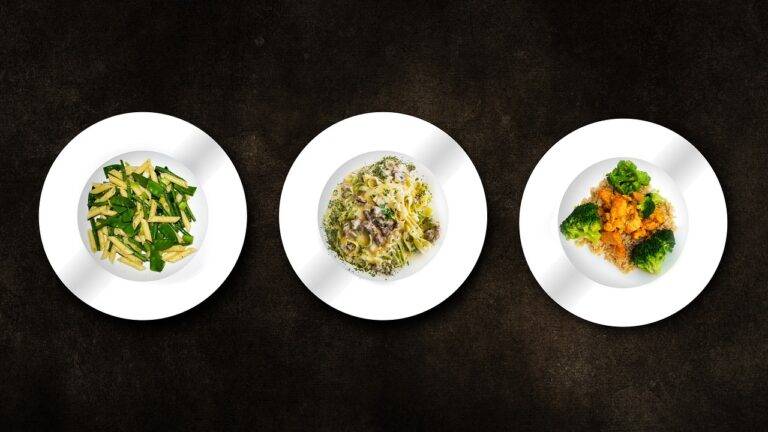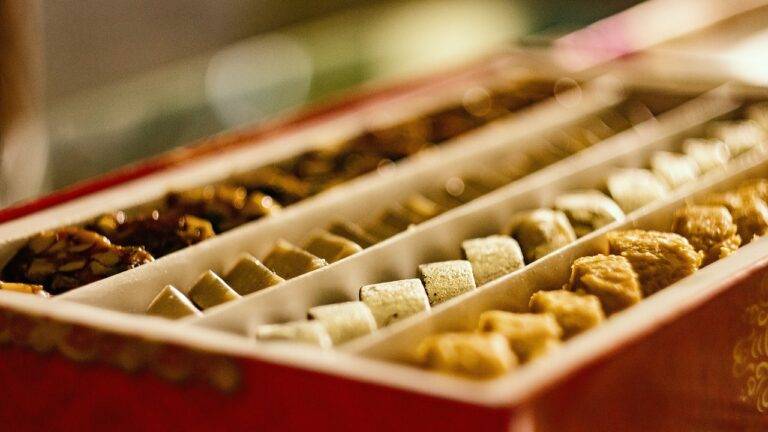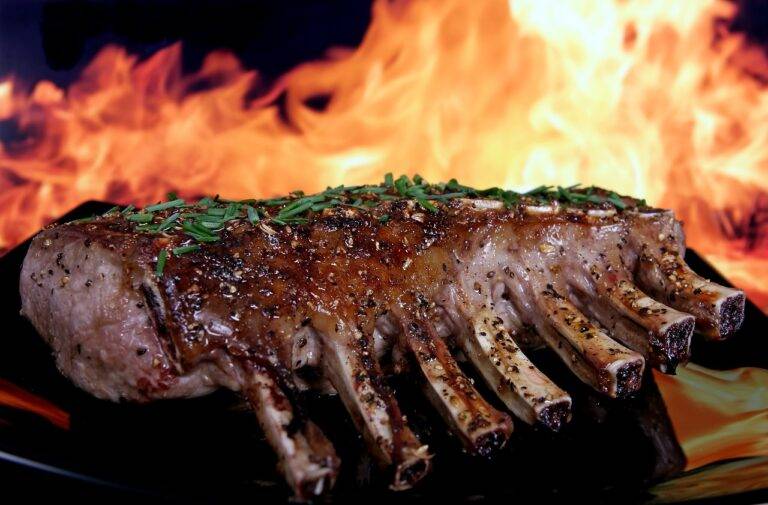The Science of Food Preservation: Ancient Techniques vs. Modern Methods
Foods have been preserved for centuries using various techniques to prolong their shelf life. One common method was drying, where fruits, vegetables, and meats were dehydrated either under the sun or using fires. This process helped inhibit the growth of bacteria and mold, preventing spoilage.
Another ancient preservation technique involved pickling, which involved submerging food items in a solution of vinegar, salt, and spices. The acidity of the vinegar and the salt helped create an environment where harmful bacteria could not thrive, allowing the food to be stored for longer periods. Honey was also used as a natural preservative due to its antibacterial properties, helping to prevent food from spoiling easily.
Understanding the Role of Microorganisms in Food Spoilage
Food spoilage is a result of the activities of various microorganisms, including bacteria, molds, and yeasts. These organisms thrive in different environments and conditions, breaking down food components and producing substances that alter the taste, texture, and appearance of the food.
Bacteria, for example, are one of the main culprits in food spoilage. They can multiply rapidly in the right conditions, releasing enzymes that lead to the breakdown of proteins, fats, and carbohydrates in the food. The byproducts of bacterial metabolism, such as organic acids and gases, contribute to the off-flavors and odors often associated with spoiled food.
What are some ancient food preservation techniques?
Some ancient food preservation techniques include drying, salting, fermentation, and smoking.
How do microorganisms contribute to food spoilage?
Microorganisms such as bacteria, yeast, and mold can break down food components, produce off-flavors and odors, and cause food to spoil.
Can food spoilage be prevented?
Yes, proper food handling, storage, and preservation techniques can help prevent food spoilage. This includes keeping food at proper temperatures, proper packaging, and using preservatives.
How do microorganisms affect food safety?
Some microorganisms can cause foodborne illnesses if consumed, leading to symptoms like nausea, vomiting, and diarrhea. It is important to properly handle and store food to prevent the growth of harmful microorganisms.
Why is it important to understand the role of microorganisms in food spoilage?
Understanding the role of microorganisms in food spoilage can help in developing better food preservation techniques, reducing food waste, and ensuring food safety for consumers.





